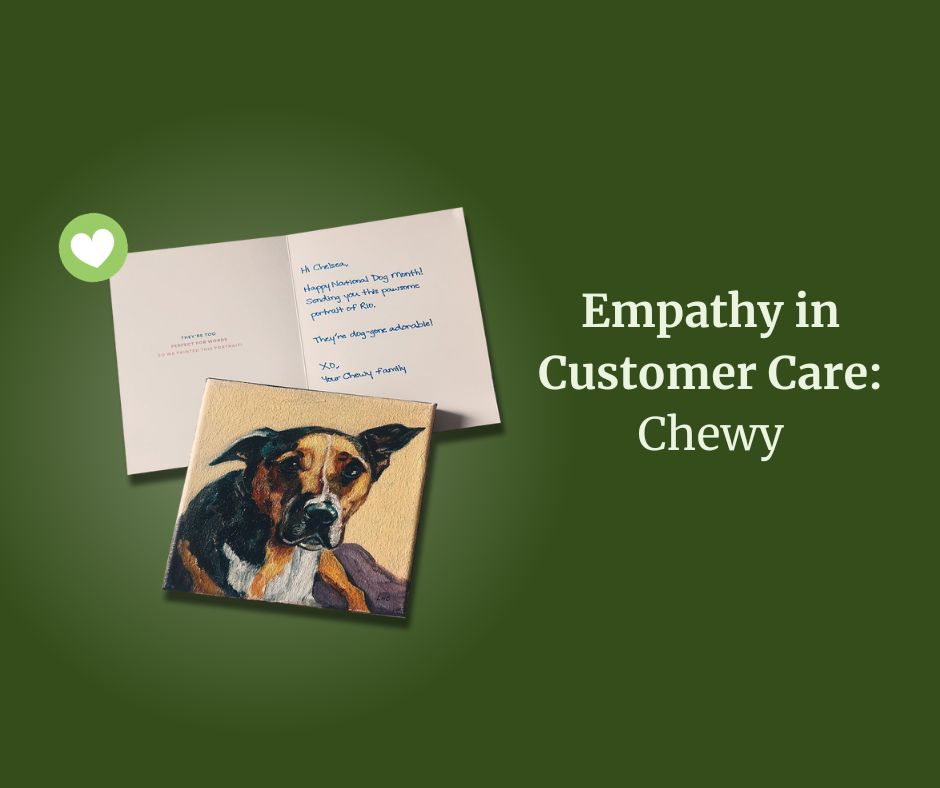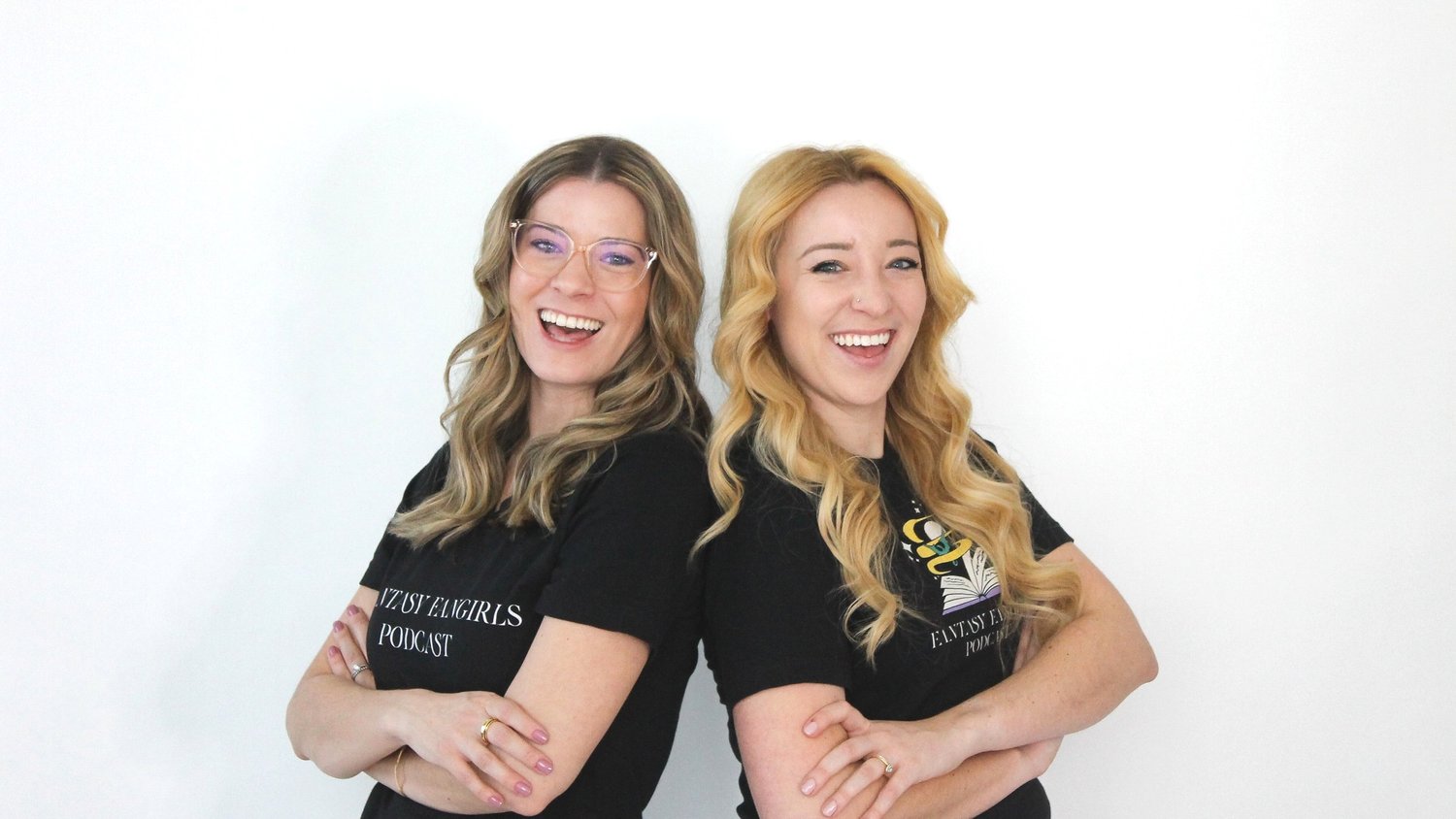“Be human. It’s the most powerful thing you can be in business.”
— Gary Vaynerchuk (Serial entrepreneur. Marketing maverick)
The Importance of the Human Touch in Marketing
In an era overflowing with automation and AI-generated everything, it’s easy to forget that at its core marketing is humans talking to humans. Sure, algorithms can crunch data and chatbots can answer FAQs at 3 AM, but can they swap stories over a cup of coffee or share a genuine laugh with a customer?
Small business owners know the feeling: you craft the perfect social media post or marketing email, but the real magic often happens when you sound like a person, not a polished corporate machine. And guess what? Your audience notices the difference. In fact, experts have noted that as we automate more processes, the authentic human element becomes rarer – and consequently more valuable.
Consumers today have radar for anything that feels too canned or robotic. They crave authenticity, warmth, and that unpolished personal flair that says there’s a real person behind the message. A business handshake, symbolizing the human connection at the heart of effective marketing.

Why Humans (Not Robots) Win Hearts in Marketing
People are drawn to human-centric marketing for a simple reason: we’re emotional creatures. We build trust and loyalty through personal connection. According to a 2024 Morning Consult survey, 88% of Gen Z and Millennials say authenticity is crucial when evaluating influencers and brands.
Authentic content isn’t just a nice-to-have – it directly impacts the bottom line. Harvard Business Review research shows emotionally connected customers are far more valuable, spending twice as much annually as others.
That’s the power of making your customers feel a genuine connection. Human-centered marketing goes beyond cheesy slogans or AI generated template videos. It’s about understanding the emotions, values, and aspirations of your customers and reflecting those in your messaging.
When people feel understood and valued as humans (not as data points on a spreadsheet), something amazing happens: trust begins to form. And trust is the holy grail for smaller businesses – it means repeat customers, positive word-of-mouth, and customers who stick with you even when a cheaper competitor comes knocking. Consider the principle of H2H (human-to-human) marketing. Marketers often joke, “Forget B2B or B2C – at the end of the day, it’s all H2H”. In other words, whether you sell to businesses or direct to consumers, the best marketing feels like one person talking to another.
When your content carries a human voice – a bit of personality, empathy, maybe even a dash of humor – it resonates. Authentic, people-first content builds trust and engagement in ways no algorithm can match.
It humanizes your brand, making your business relatable rather than just transactional. The evidence is everywhere. Customers today are skeptical of overly polished, “too-perfect” marketing campaigns.
They’ve become adept at tuning out bland corporate messaging. On the flip side, show them something real – like a behind-the-scenes look at your team brainstorming in the workshop, or a heartfelt story of why you started your business – and you’ll likely earn their attention.
Being genuine and a bit imperfect can actually be a strength. It signals that your brand is run by real people who care. As one marketing agency put it, focusing on the human element helps businesses establish “trust, loyalty, and advocacy” among their audience.
Those three words – trust, loyalty, advocacy – are the dream of every small business owner, and they’re achieved by making customers feel a real human connection.

When Marketing Loses Its Human Touch
What happens when marketing becomes too automated or overly polished? You might get efficiency, but you often lose effectiveness. We’ve all encountered those generic auto-response emails that read like they were written by a robot (because they probably were).
They’re grammatically correct and on-brand, yet they fall flat. Why? Because they lack a human voice. Consumers can smell “automated sincerity” from a mile away, and it turns them off. In fact, audiences are increasingly skeptical of content that’s too perfect or promotional – it just doesn’t feel trustworthy.
Over-reliance on automation can lead to some cringe-worthy moments. Think of the social media post that was scheduled weeks in advance, boasting “Happy Monday! 😀” – unfortunately, it goes live right after a natural disaster struck over the weekend.
The tone-deaf timing reveals that nobody human is at the wheel, and the brand reputation takes a hit. Or consider chatbots handling customer inquiries: they’re great for simple Q&A, but when a situation gets complex or emotional, people desperately want to reach a real person. There’s a reason 75% of customers would rather talk to a live agent for support issues than deal with automated systems, some things just need that human empathy.
Even the slickest AI content generators have limitations. They can’t truly understand your customers’ feelings or adapt to nuanced cultural moments. They might churn out a grammatically perfect blog post, but it could feel soulless – missing the stories, humour, or empathy that come from lived human experience.
As marketer Tanya Brody says, people are seeing so much AI-created content now that they’re learning to filter out anything that feels fake, overly polished, or robotic.
The lesson? If your marketing sounds like it was mass-produced or on autopilot, it’s likely to get lost in the noise. And let’s not forget the pitfall of “manufactured authenticity”.
Some brands realized that authenticity sells, and try to force it, scripting what they think sounds like a genuine voice. Big mistake. Today’s savvy consumers can tell when you’re just pretending to be authentic for show. Forced quirkiness or insincere apologies, for example, often backfire.
True authenticity has no shortcut; it requires actually caring about your message and your audience. So, while automation and AI tools have their place (they can save time and help personalize at scale), the human touch remains crucial for ensuring your marketing isn’t just efficient, but effective.

Credit: Chewy.com
Real-World Examples of People-First Marketing
Let’s look at a few standout examples across industries that show the power of a human-centric approach. These cases prove that whether you’re a global brand or a tiny local business, putting people first in your marketing pays off:
Chewy – Leading with Empathy
Online pet retailer Chewy has become famous for its heartfelt customer service. In one viral instance, a customer mentioned she had asked to return dog food after her pet passed away. Chewy’s response? They refunded her purchase, told her to donate the food to a shelter, and sent her flowers with a handwritten sympathy note.
Thousands of people responded on social media with their own stories of Chewy’s thoughtful gestures. That kind of compassion isn’t in any script – it’s a human reaction, and it earned Chewy lifelong fans. As one pet owner wrote, Chewy’s genuine care made them declare that “as long as we have animals, we are customers for life.” Such loyalty can’t be bought with ads; it’s won through real human connection.
Wendy’s – A Brand with Personality
Fast-food chain Wendy’s has attracted a massive following on X by doing something radical for a big brand – talking like a real person. Wendy’s tweets are famously witty, sarcastic, and unafraid to show humor.
This playful, candid tone (often roasting rival brands or responding to customer comments in a fun way) has built a highly engaged fan base. In fact, Wendy’s humorous and authentic social media presence has “built a loyal and engaged audience,” turning casual customers into brand advocates who eagerly await the next post.

Credit: FantasyFanGirls.com
Fantasy Fangirls – Community Connection
You don’t have to be a big company to leverage human-centric marketing. Fantasy Fangirls is a niche podcast run by two sisters for fellow fantasy literature fans.
They grew their audience not with a huge ad budget, but by engaging one-on-one with their community. The sisters host interactive Instagram tournaments (where followers vote on favorite characters), do live Q&A sessions, and even attend fan conventions to meet listeners in person.
All these personal interactions might not scale in an automated way, but they solidify fierce loyalty among their listeners. It’s a great example of smaller brands winning hearts by genuinely being part of the community it serves.
The lesson for smaller businesses: don’t be scared to infuse your own personality into your marketing. People remember a brand that makes them smile more than one that plays it too safe.
These examples demonstrate the importance of authentic human connection in marketing. Whether it’s empathy in customer service, a unique brand voice, value-driven storytelling, grassroots community building, or personal outreach, these approaches work because they make people feel something real. They remind the customer that behind the logo is a person (or team of people) who genuinely cares.

Putting People First in Your Marketing Strategy
So how can you, as a small business owner, infuse more human touch into your marketing? It’s not about throwing out all your marketing tech – it’s about using it to amplify your humanity, not hide it.
Here are a few strategies to consider: Speak with, not at your audience: Drop the jargon and stiff “corporate-speak.” Write your emails and posts as if you’re having a friendly conversation with a customer over coffee. Use a tone that fits your personality and brand values – whether that’s warm and caring, quirky and funny, or straightforward and honest. Encourage two-way dialogue: ask questions, invite feedback, respond to comments. When people feel heard, they feel valued.
Tell your story: Your backstory, your mission, your team’s daily adventures – these are marketing gold. Don’t be afraid to share why you started your business or what drives you each day. Storytelling creates emotional connection. Maybe it’s the tale of how you quit a corporate job to pursue your bakery dream, or how a mentor inspired your consulting practice. Those personal stories can inspire and motivate your audience. Remember, genuine stories and transparency make your business more relatable. Even challenges and setbacks you’ve overcome can humanize your brand (plus, sharing lessons learned shows authenticity).
Highlight the humans behind the brand: Put faces to your business. Feature your employees, customers, or community in your content. Smaller businesses have a natural advantage here – it’s easier to know your customers by name and to show the real people on your team. Post a photo of your staff doing what they love, or spotlight a customer’s success story (with permission).
This not only creates relatable content but also signals that you value people over profits. User-generated content, like customer testimonials or photos, is especially powerful. In a study this year, SEO Training Platform Backlinko found that 60% of consumers believe that user-generated-content is the most authentic form of marketing content, surpassing brand-created content in perceived authenticity.
Personalize the experience (within human reason): Leverage the data and tools you have to make your marketing feel tailored to individuals, not one-size-fits-all. Address customers by their name, recommend products based on their history, send a note on their birthday. These little touches show that you see them as more than just an order number. Just be careful to keep personalization helpful and personable, not creepy, because no one likes the feeling of being stalked by ads. But generally a personalized, thoughtful gesture beats a blanket promotion every time.
Be responsive and empathetic: Aim to respond to customer inquiries or feedback with empathy and real solutions, not canned replies. If someone leaves a comment – whether it’s a praise or a complaint – respond like a human. “I’m sorry to hear that, John. Let’s see how we can fix it”, goes a lot further than a formal “We apologize for any inconvenience.” Show customers you’re listening. And when appropriate, take the conversation to a personal channel – a direct message, a phone call – to resolve issues or just to say thanks. That follow-up call or handwritten thank-you note can create a customer for life.
Stay true to your values (and your voice): Consistency is key. If you promote honesty and community, make sure every facet of your marketing reflects that – from your social media posts to your customer service policies. Authenticity can’t be a one-time act; it has to run through your brand’s DNA. And importantly, don’t try to mimic another brand’s voice just because it worked for them. Develop your brand’s voice – one that feels right to you and your audience – and keep it real across all platforms.
Finally, don’t hesitate to get a little help keeping it human. As marketing technology grows, ensure you have people or partners who can help inject that human element at every stage of your growth. This is exactly why we created Starter Spark, Growth Igniter, and Brand Dominator – services designed to offer human-powered content and strategy at each phase of a business’s journey. Whether you’re just finding your voice and need that initial spark, looking to ignite your growth with engaging campaigns, or aiming to dominate your niche with a strong, people-first brand, the idea is the same: keep the content authentic and the strategy centered on real human insights.
These kinds of programs (ours or others like them) exist because even the savviest entrepreneurs sometimes need an expert touch to make sure their marketing stays genuine as it scales. The key is to choose partners who champion authentic, people-first marketing – who will work with you to tell your story rather than force you into a templated, automated box.

Embrace the Advantage of Being Human
As a small business owner, your human touch is your superpower. In a world where consumers are bombarded by thousands of impersonal messages a day, your ability to connect person-to-person is what will set you apart.
Big corporations are spending millions trying to appear more human – hiring witty social media managers, sending “handwritten” (but actually machine-printed) notes, or using AI to mimic personal emails.
Meanwhile, you have the genuine article to offer: you and your team, with all your passion, quirks, and care. The wonderful irony is that the more digital and automated the world becomes, the more authentic human-centric marketing stands out.
Customers will remember the bakery that live-streamed its kitchen and chatted with viewers each morning, or the SaaS startup founder who personally emails new subscribers to ask what they need help with.
These are the experiences that feel real in an increasingly virtual marketplace. By championing a people-first approach, you’re not just doing “feel-good” marketing – you’re building a community of supporters.
You’re creating emotional bonds that competitors who only compete on price or features can’t easily break. When clients feel that human warmth and authenticity in your marketing, they’re more likely to trust you with their business and recommend you to others.
It’s a long-term investment in relationships that pays off in customer loyalty and advocacy. In closing, remember that marketing at its best is a dialogue, not a broadcast.
It’s about relationships, not transactions. Every post, blog, email, or call is a chance to show there’s a person behind the brand – one who understands and cares about the person on the other side.
So, the next time you’re crafting a marketing message, pause and ask: Does this sound like something a real person would say? If not, you have an opportunity to add that human touch. Your business has a story and a voice uniquely its own – let it shine.
In a sea of automation, be the human lighthouse that guides your customers. They will gravitate toward the warmth. After all, at the end of the day people do business with people, and the heart wins out over the algorithm every time.
Be the marketer (and the business) that proves it. Your clients will thank you with their loyalty, and you’ll cement your reputation as a trusted expert who always puts people first.
And really, isn’t that what great marketing is all about?

